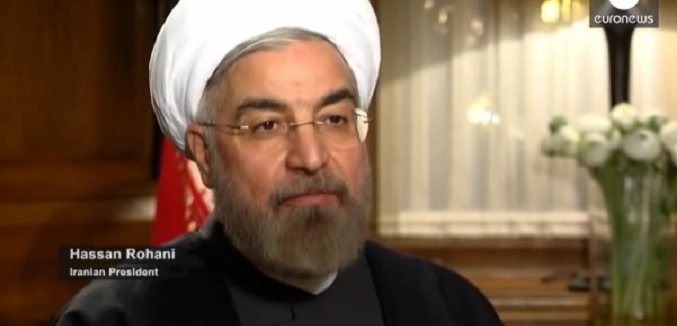Iran is reportedly set to bust through oil sale caps set by the interim Joint Plan of Action (JPA) for the sixth straight month, according to a report published late Tuesday by Reuters assessing that the Islamic republic will have managed to send abroad an average of 1.1 million barrels per day (bpd) of crude exports in April.
The JPA permits Iran only 1 million bpd’s, a level that Tehran has thus far exceeded every single month since the announcement of the deal. Reuters wrote up the April numbers under the headline “Iran’s oil exports fall in April, closer to Western limits,” a gesture toward administration assurances that Iranian energy exports will very shortly crash to such a degree that – by the end of the JPA’s six-month negotiating period – the average figure for exports will indeed converge on Iran’s permitted limits.
Observers have expressed skepticism that the White House will have robust diplomatic options should those predictions prove over-optimistic, and have worried that in the meantime Western negotiating leverage is steadily eroding as Iran’s economy improves and it reestablishes trade channels to outside markets.
The Wall Street Journal reported Monday that Russia was seeking to create and then shore up exactly such channels:
Iran held talks with Russia over $10 billion worth of in electricity deals on Sunday, in the latest deals, in a new attempt by Moscow to leverage a privileged relationship its close ties with Tehran.
Russia is already in talks with Iran to swap its food and other goods for Iranian oil. The Some see the move is seen by some as a Russian attempt to take positions in Iran’s vast market when it opens up and assert its international clout amid increased Tehran’s tensions with the West.
In a statement posted on its website, Iran’s energy ministry Iran’s energy ministry said Energy Minister Hamid Chitchian met his Russian counterpart Alexander Novak in Tehran on Sunday to discuss $10 billion worth of discuss the power deals. They included the construction of hydroelectric power plants and, according to the Mehr news agency, the possibility of Russia exporting 500 megawatts of electricity to Iran.
The New York Times described the development as the “second significant economic collaboration under negotiation between the two countries that could undercut the efficacy of the sanctions on Iran,” the first being a sanctions-busting $20 billion oil-for-goods deal.
The news came on the heels of revelations that Iran and the Kurdistan Regional Government (KRG) in Iraq had just locked in an agreement under which they would trade natural gas for crude oil:
Abullah Akrayi, the KRG official responsible for Iranian affairs, told journalists that a delegation led by Rostem Qasimi, Iran’s delegate for trade relations with Iraq, made the deal with the regional government’s energy minister, Ashti Hawrami, on April 27, Anadolu Agency reported.
The agreement proposes the construction of two pipelines between the Kurdish region of northern Iraq and Iran, under which the regional government would receive between 3 million and 4 million liters of refined oil fuel and natural gas in return for crude oil.
[Photo: euronews / YouTube]




